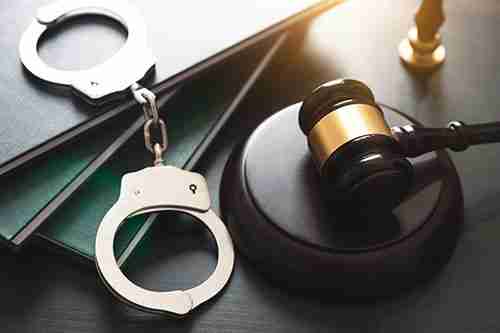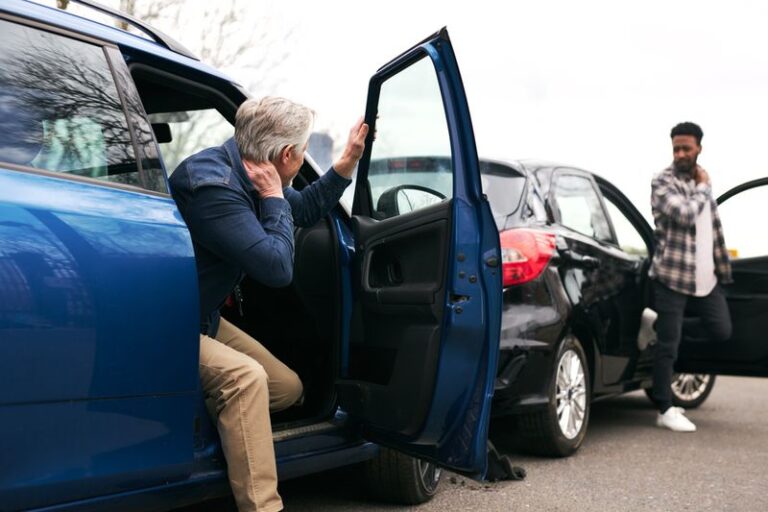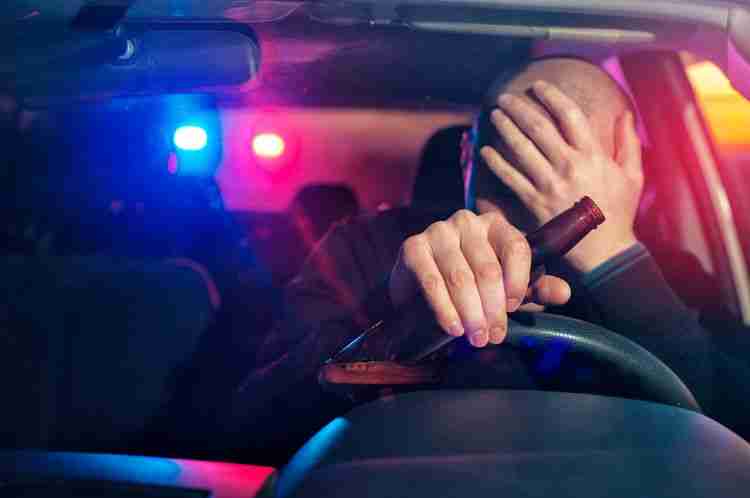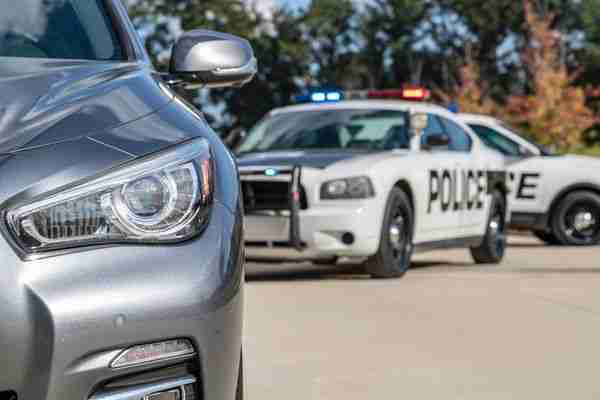If you choose to drive a motor vehicle after consuming alcohol or illegal drugs in Georgia, prepare for stiff penalties should you get stopped. Georgia has the second-strictest DUI laws in the nation; only Arizona is tougher on DUI drivers. The DUI Defense Lawyers at the SHElaw firm® want to help you be informed before drinking and driving by providing this information regarding roadside dui testing in Georgia, as well as potential penalties.
What to Know Before You Drive
The laws and penalties for DUI in Georgia seem very clear. According to O.C.G.A. 40-6-390 – 40-6-397, there are impaired driving regulations for an adult with a Blood Alcohol Content of .04 to .079, for drivers under 21 years old with a .02, and for marijuana or inhaled vapers. An adult is considered “Under the Influence” in Georgia with an alcohol concentration of .80 or above. Each drink raises your BAC by 2% for the average-sized adult. That means four alcoholic beverages will put you over the limit. Consuming that amount just hanging out with friends or watching a game can be easy. Don’t plan to drink heavily for the first few hours and then sober up the next one. It takes about three hours before your body starts to burn off the alcohol. Drinking water, coffee, or a shower may make you feel better, but it will not lower your BAC. Only time will do that job.
What to Know If You Drive and Get Stopped.
A little panic is a natural response if you see those blue lights in your mirror when you decide to drive after drinking. Hopefully, you only had one or two drinks, and the officer will not suspect anything. Try to remain calm, speak clearly, and follow his instructions. If he does think you are under the influence, he will ask you to step out of the vehicle and perform some tasks. The following are tips The SHElaw DUI Attorneys want you to know.
Answer the questions the officer asks you calmly and clearly.
The officer will ask you where you have been and how many drinks you have had. It is best if you answer as honestly as possible. Do not elaborate, or try to make excuses. Do not joke around or try to win the officer over with your charm. Do not attempt to talk him out of arresting you, beg, or threaten. Bodycams and cameras on police cars record everything. If you have to go to court, your behavior, and the words you say may be used against you.
The Field Sobriety Tests
If the officer believes you are under the influence, he wants to document it. He will ask you to perform a sequence of tests to establish your ability to function and follow orders. These tests have proven to be unreliable. Health and balance issues unrelated to intoxication can cause an inability to perform these tests to the satisfaction of the testing officer.
You CAN REFUSE these tests without repercussions or implicating yourself.
Do not argue with the officer about the refusal to attempt the tests. Do not offer excuses for why you do not want to perform them. Tell the officer you do not want to do the field sobriety tests, and he has to respect that.
Nystagmus Test
The officer instructs you to look at and follow an object 12-15 inches from your eye while holding your head still. She will evaluate each eye independently. The officer is looking for eye jerking, unsteady gaze, or inability to focus.
Walk and Turn Test
The officer will instruct and should demonstrate how to perform this test. You take nine steps in one direction, heel to toe, with your arms straight out at your sides, turn, and take nine steps back. He is evaluating your balance and ability to understand and follow instructions.
One Leg Stand Test
You are told to stand on one foot, hold the other foot out in front of you, and your arms out at your sides. You hold that pose for 30 seconds, then swap feet. The officer is again checking for balance and your ability to follow instructions.
The Breathalyzer
Every state in the US has adopted an implied consent law. This law provides that anyone that operates a motor vehicle on public roads consents to a breath or blood sample. The US Constitution gives you the right to refuse to provide the breath analysis at the traffic stop or scene of an accident. But you should be aware there are penalties for that choice.
- You will automatically lose your driver’s license for six months.
- You will be required to complete an Alcohol and Drug Use course.
- You will have expenses for the course and getting your license reinstated.
- If you go to court, the judge and jury may consider your refusal as an admission of guilt.
- If you were not intoxicated, you have no proof of that.
- They can still get a warrant for your blood if the officers believe you are under the influence.
What Can Happen After the Stop?
Hopefully, the officer will believe you are not driving under the influence after talking to you, observing your behavior, and evaluating your condition. Your refusal to participate in the tests should not influence her decision, but it will. The officer will likely assume you are guilty if you refuse to test. She will find areas in your speech and behavior to detain you.
You are arrested.
There are no warnings or tickets for suspected driving under the influence in Decatur, GA. You are taken to the jail, booked, fingerprinted, and your mugshot taken. There is a 24-hour minimum jail time requirement. At some point during this time, you will go to court, and a judge will make an initial ruling on your case. He will determine your release time and your bail.
You will lose your driver’s license for at least 30 days.
Losing your driving privileges can create a real hardship. It can be difficult for you, your family, and your friends. Someone will have to take you everywhere you go. Our team at the SHElaw firm® will help you get your license back as soon as possible.
You may lose your job and have difficulties getting another.
The initial 24-hour detainment may result in termination of your employment if you miss a scheduled shift. The loss of your driving privileges may make it hard to keep your job or get another one.
What Are the Penalties in Georgia for Driving Under the Influence?
If convicted of DUI, the penalties and imprisonment time depend on the number of convictions for DUI offenses. The look-back period is ten years.
DUI First Offense
Your charge will be a fine of not less than $400 or imprisonment of not less than 24 hours and not exceeding 30 days. If your BAC was 0.10% or greater, you may be subject to an even higher fine or imprisonment of no less than 72 hours or no more than 90 days.
DUI Second Offense
Your charge will be a fine of no less than $2,100, but not exceeding $5,100, and imprisonment of a minimum of five days and a maximum of one year. If your BAC is 0.10% or greater, the fines will be between $2,500 and $6,500, and imprisonment could be up to three years.
DUI Third Offense
Your charge will be a fine of no less than $3,800 up to $6,300. Imprisonment of not less than 60 days or more than three years. If the BAC is 0.10% or more, the fines can be no less than $5,000 or more than $10,000. There is mandatory imprisonment of no less than 90 days but not exceeding five years.
DUI Fourth Offense or Greater
You face jail time of no less than one year or more than five years. If the BAC is 0.10% or higher, imprisonment may be not less than two years or a period not exceeding seven years. Fines can start at $10,000.
Contact SHElaw firm® today to Speak With Our Skilled DUI Attorneys!
If you get arrested for a DUI in Decatur, GA, it can be very serious. The DUI Experts at SHElaw firm® are here to help reduce your charges and ensure the shortest jail time possible. We will review all information, including witness statements, other videos, and the police video. Our experts know how to pick through the data to find errors the officer made and ways to help you. We can help lower your bail, decrease jail time, fines, and possibly even get your case dismissed. Contact the SHElaw firm® here or call 470-788-8930 today for a free evaluation of your case with an experienced criminal defense attorney.









